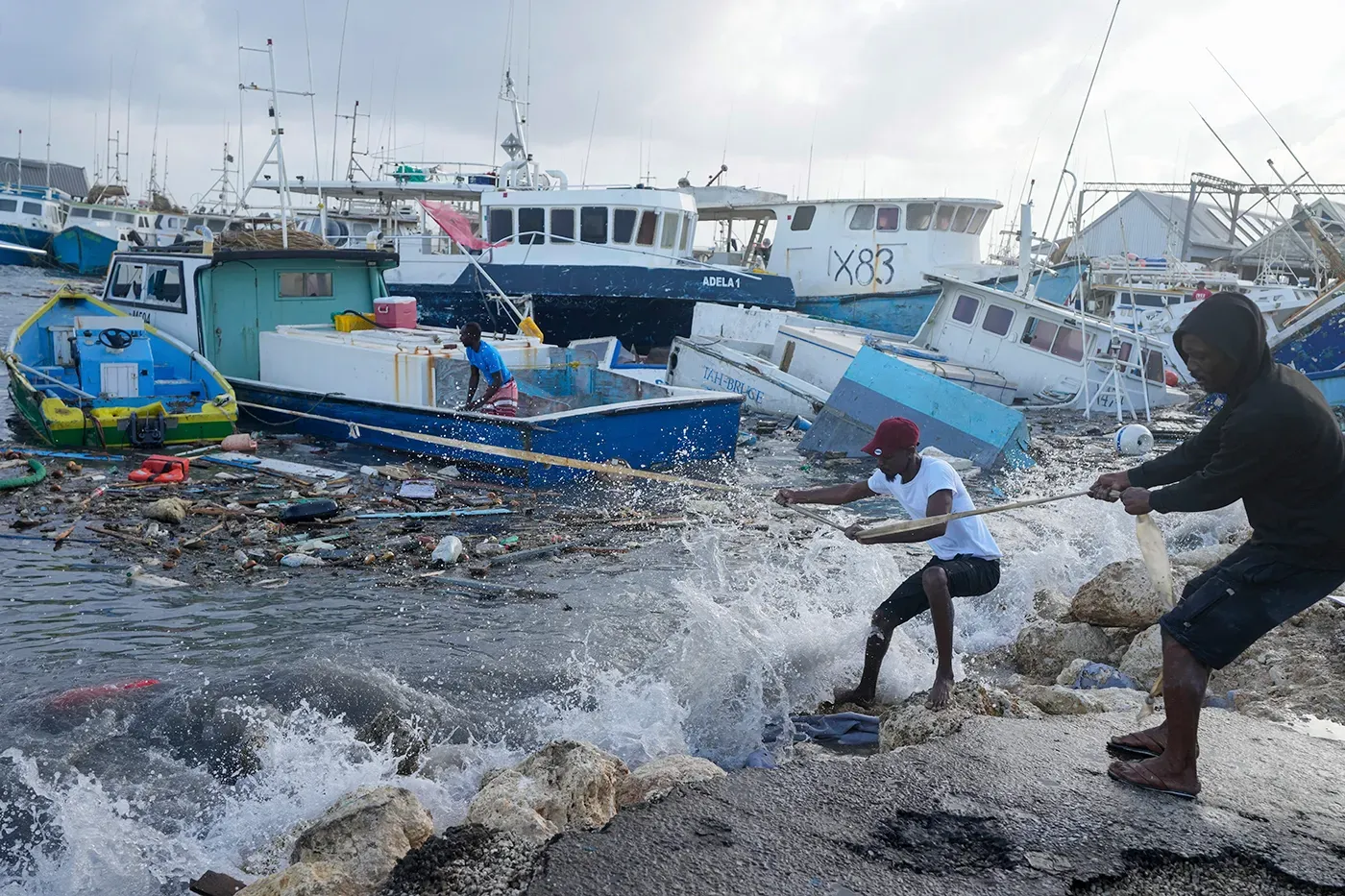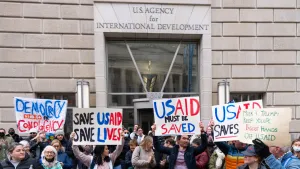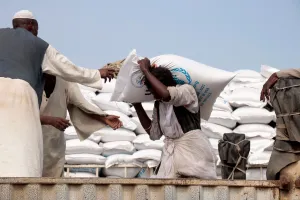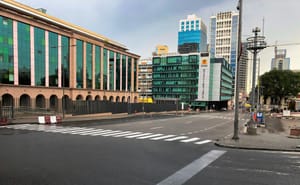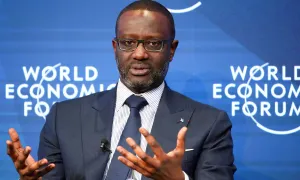As Hurricane Beryl devastated the Caribbean and relentless flooding uprooted communities in Ghana and Niger, the shared vulnerabilities of Africa and the Caribbean became glaringly apparent. These parallel crises highlighted the urgent need to overhaul global financial frameworks to better serve regions on the frontlines of climate change and economic fragility.
Earlier this year, two major conferences—one in Antigua and the other in Nairobi—were held simultaneously, yet continents apart. The Small Island Developing States (SIDS4) summit and the African Development Bank’s (AfDB) annual meeting focused on similar themes: economic distress, climate resilience, and the urgent need for fairer financial systems.
In Nairobi, AfDB President Akinwumi Adesina underscored Africa’s resolve to shape its developmental path amid intensifying climate challenges. Meanwhile, leaders in Antigua voiced frustration over unfulfilled promises from wealthy nations, particularly following the COP27 climate talks.
Shared Struggles Amid Climate Vulnerability
Though among the smallest contributors to global carbon emissions, both regions suffer some of its gravest consequences. Africa loses between $7 billion and $15 billion annually due to climate change—a figure projected to soar to $50 billion by 2030. The Caribbean, similarly, continues to face escalating devastation from hurricanes and rising sea levels.
Adesina stressed the importance of enhancing climate resilience to secure Africa’s economic future—a sentiment echoed across the Caribbean, where recurring disasters derail progress and deepen debt.
Access to "loss and damage" financing—crucial for rebuilding in the aftermath of natural disasters—remains limited. Both regions need more direct, simplified access to these climate funds to recover and adapt effectively.
Flawed Financial Systems and Unfair Allocations
The International Monetary Fund’s system of Special Drawing Rights (SDRs), intended to provide emergency liquidity to struggling economies, has been widely criticized for favouring wealthy nations. As a result, Africa and the Caribbean find themselves marginalized in global recovery efforts.
According to the Mo Ibrahim Foundation, the global financial system requires a "radical reboot" to meet the needs of developing economies. Equitable distribution of resources and stronger representation are critical if these regions are to build long-term resilience.
The Debt Trap and High Cost of Capital
Crippling debt remains a major obstacle. African nations frequently face inflated borrowing costs, driven by inflated risk assessments. Adesina called for a re-evaluation of these metrics and advocated for greater access to concessional financing.
Barbados Prime Minister Mia Mottley has repeatedly highlighted how repeated climate shocks exacerbate Caribbean debt burdens. With limited fiscal space, governments struggle to invest in public infrastructure and services.
Global reforms—including new debt relief mechanisms and increased concessional lending—are vital for enabling sustainable investment and long-term development.
Tackling Corruption and Capital Flight
Illicit financial flows and corruption continue to siphon billions from both regions. These lost resources could otherwise be reinvested in schools, healthcare, and climate infrastructure. Strengthening domestic tax systems and transparency is essential to counter these leaks.
The Mo Ibrahim Foundation emphasizes that it is not just about more money—it’s about smarter money. This means ensuring funds are efficiently deployed, corruption is curbed, and governance is strengthened.
Security, Stability, and Social Cohesion
While Africa grapples with civil conflicts and political instability, the Caribbean contends with escalating crime, largely tied to drug trafficking and youth disenfranchisement. Both regions must invest in peace-building, education, and economic inclusion to foster long-term stability.

Youth: A Demographic Dividend or Liability?
By 2050, Africa is projected to represent a quarter of the global labour force, surpassing 40% by 2100. The Caribbean, though smaller in scale, also has a youthful population with transformative potential. However, high rates of youth unemployment threaten to turn this demographic advantage into a liability.
A significant proportion of young Africans and Caribbeans are not in employment, education, or training (NEET). According to the Ichikowitz Family Foundation, nearly half of African youth surveyed expressed interest in emigrating within three years—a signal of frustration and lack of opportunity.
Tackling brain drain through investment in education, job creation, and entrepreneurship is critical to harness this demographic for inclusive growth.
Natural Resources: From Extraction to Value Creation
Africa is home to vital minerals for the global green economy, while the Caribbean boasts rich marine biodiversity and renewable energy potential. Yet both regions remain trapped in extractive models, exporting raw materials with minimal value addition.
There is a growing call for local value chains—from refining minerals to developing eco-tourism and agribusiness—that can retain more wealth within national borders and foster inclusive economic growth.
A Path Forward
Though Africa and the Caribbean house over 1.2 billion people and vast reserves of natural wealth, they contribute only marginally to global GDP. The path forward requires bold investment in human capital, greater productivity, and smarter revenue use.
Transformational change hinges on reforming outdated global financial institutions, forging strategic partnerships, and adopting resilient, inclusive economic models. By working collectively and with global support, Africa and the Caribbean can unlock their full potential and secure a more equitable, sustainable future.
